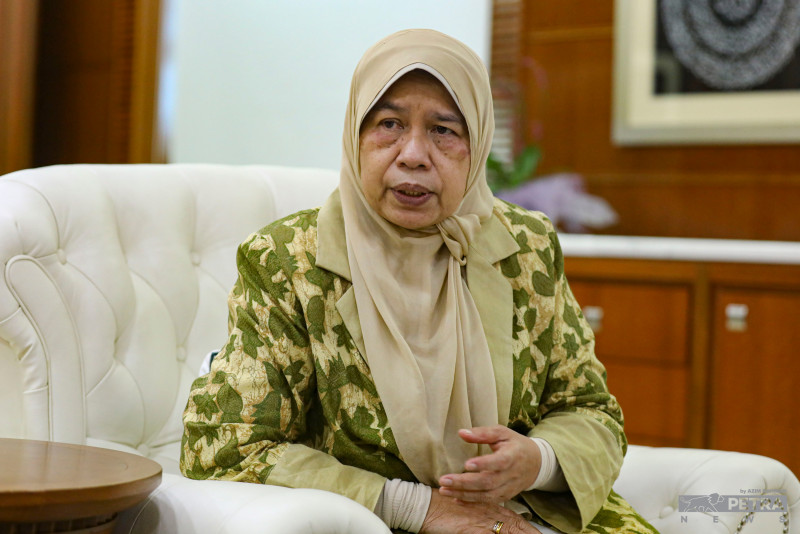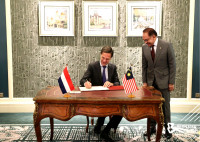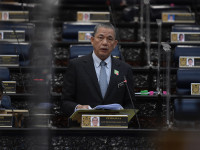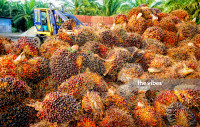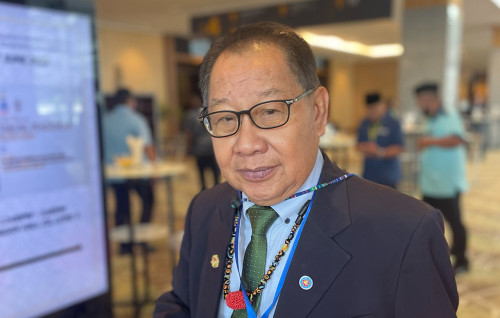KUALA LUMPUR – Malaysia is set to open several agri-commodity regional offices in the Middle East and South Asia in an effort to boost trade between regions.
Plantation Industries and Commodities Minister Datuk Zuraida Kamaruddin said that so far, the ministry has opened its first regional office in Jeddah, Saudi Arabia on February 1 following an official visit.
Speaking to The Vibes recently following the trip to Saudi Arabia, she said the regional office, known as the Commodities Integration Marketing Company (CIMC), will house the ministry’s agencies, namely the Malaysian Palm Oil Council, Malaysian Rubber Council and Malaysian Timber Council.
“The CIMC in Jeddah will function as the commodities hub for the country to deliver products to the Middle East and Africa.
“By next month, I will be heading to the South Asian countries namely India, Pakistan, and Bangladesh with the intention of setting up a similar hub there.”
These hubs, she said, are important in ensuring that trade volumes, especially Malaysian exports such as palm oil, rubber, and timber, can be sustained and increased further.
It was reported that Saudi Arabia has committed to lift Malaysian palm oil imports from 318,000 tonnes, valued at RM900 million (US$215 million) last year, to 500,000 tonnes this year, estimated to be worth RM1.5 billion.
India, she said, continues to retain its position as the number one importer for Malaysian palm oil with more than 3.5 million tonnes.
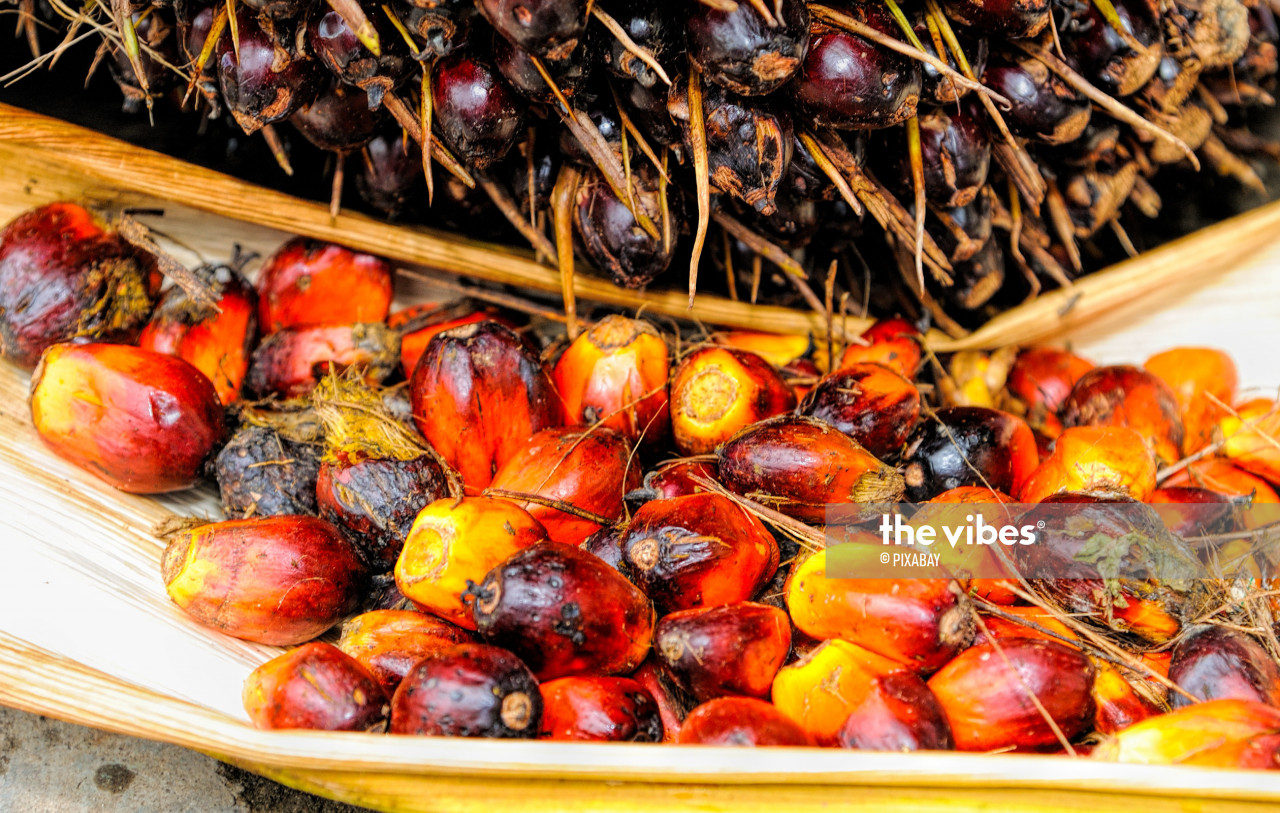
Other prominent destinations for the country’s palm oil include China, the Netherlands, Turkey, Pakistan, and the Philippines.
Malaysian palm oil accounted for 24% of global palm oil production and 31% of world exports in 2021.
Despite the positive growth of the palm oil industry, Zuraida said the rubber, timber, cocoa pepper and kenaf industries also needed to be promoted similarly.
“This is why the CIMC was set up in the first place. It gives all agencies under the ministry an equal chance to promote and market their products on equal footing in the said regions.”
At present, Zuraida is on a working visit in Tehran, Iran in conjunction with the Palm Oil Trade Fair and Seminar.
In a statement yesterday, she said Iran was ranked the eighth largest importer of Malaysian palm oil last year, with an increase of 26% from 321,106 tonnes in 2020 to 404,320 tonnes last year.
Despite the positive progress made over the trade negotiations, Zuraida said challenges still loom in the highly valued industry.
“Limitations among others in the form of non-tariff barriers including market access, discriminatory trade practices, and negative perceptions have recently escalated against the Malaysian palm oil industry, which offers a better competitive advantage over other edible oils.
“We will continue with our effort to disseminate accurate facts and information to counter anti-palm oil campaigners and non-governmental organisations and disprove the allegations of deforestation associated with the Malaysian palm oil industry.”
On opportunities for the private sector between Iran and Malaysia, Zuraida urged both parties to redefine the business approaches to form partnerships and strategic alliances to explore new avenues for expanding the edible oil and palm oil business in Iran.
“I am very optimistic of the prospects in the global oils and fats industry. The global reopening of economic sectors following the Covid-19 pandemic has resulted in strong demand for Malaysian palm oil, including in Iran.”
Palm oil exports contributed to RM102 billion in revenue last year, marking a 40% increase from RM73 billion in 2020. – The Vibes, February 9, 2022



